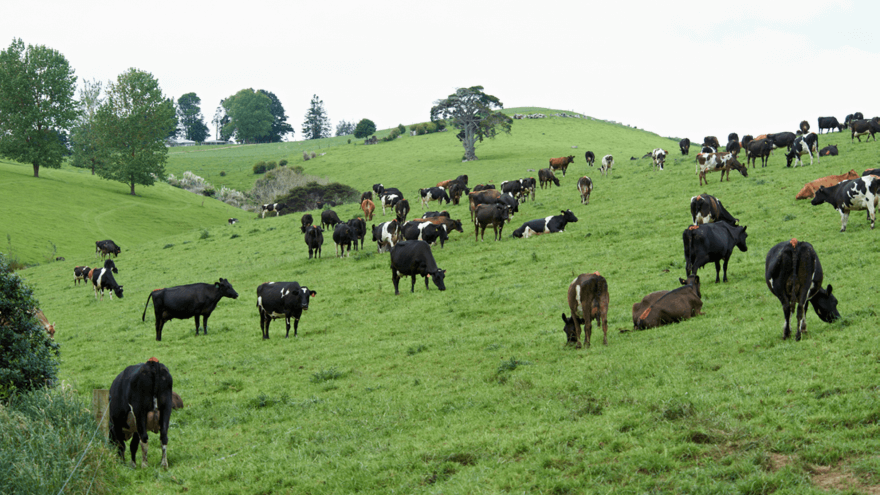
The importance of macrominerals for the milking cow
During lactation, a cow has an increased demand for calcium, magnesium and phosphorous. The milking cow diet commonly does not supply adequate amounts of these macrominerals to meet a cow’s requirements, therefore, supplementation is often required.
Magnesium assists in the prevention of metabolic issues during the calving season and is required throughout lactation. There is no storage for magnesium in the body so it needs to be supplied daily to the animal. Magnesium stimulates the production of hormones that help to regulate calcium levels. These hormones improve the ability of a cow to absorb calcium from the diet and to mobilise calcium from the bones.
Start magnesium supplementation three to four weeks pre-calving to help reduce the incidence of milk fever. Supplementation also protects against hypomagnesaemia (grass tetany) and is important for milk production. High potassium and nitrogen levels in pasture negatively affects the absorption of magnesium and can therefore increase a herd’s requirements.
Calcium is important for milk production, muscle function and the immune system in cows. At calving, there is a huge demand for calcium as colostrum milk has approximately double the calcium concentration of whole milk. This places a huge demand on the cow and increases her risk of milk fever. Start supplementing calcium as soon as possible post-calving, as a good calcium status at early lactation will assist in minimising metabolic issues, supports better rumen function and may reduce the risk of endometritis and mastitis. Not only are pasture calcium levels often below requirements, other feeds commonly given in early lactation, such as barley, wheat and maize silage, are low in calcium.
Phosphorous (P) is a mineral that is often forgotten when it comes to lactating dairy cattle. It is important in the integrity and development of the skeletal system, milk production, reproduction, and energy metabolism. Signs of P deficiency are non-specific and include ill-thrift, poor appetite, poor growth and lactational performance and unsatisfactory reproduction. In severe deficiency, bone mineral mass is lost. Feeds such as maize silage, fodder beet and soya hulls are low in P and can increase the risk of a P deficient diet. Another contributing factor may be the reduction of Palm
Kernel Expeller (PKE) in the diet. PKE is relatively high in P and may have previously masked other dietary shortfalls.
When supplementing high levels of P within the three weeks before calving, be aware there can be an increased risk of metabolic disorders such as milk fever.
Offering supplementary feeds and taking extended feed tests of your pasture allows the diet to be assessed for any shortfalls in mineral supplementation.
PGG Wrightson offers a range of solutions to assist with supplementing your dairy herd with calcium, magnesium and phosphorous. If you would like to complete an extended feed test, contact your local PGG Wrightson Technical Field Representative, who can assist you.



